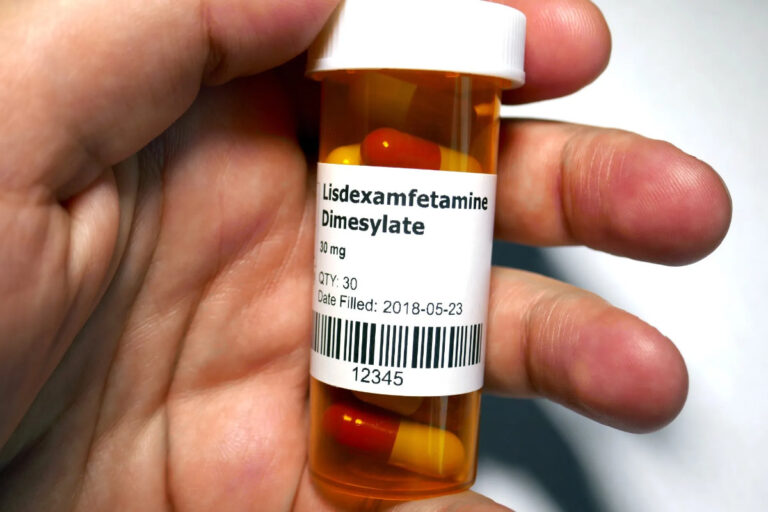Is Modafinil the Real Limitless Drug? Exploring the Truth Behind the Pill
🚀 Modafinil is often called a “smart drug“, a nootropic that some believe boosts focus and brainpower. It’s even been compared to NZT-48, the fictional pill from Limitless.
But how much of this is fact vs. hype? Let’s break it down.
🧠 What is Modafinil?
Modafinil is a prescription medication that promotes wakefulness. It’s approved to treat:
✔ Narcolepsy
✔ Obstructive sleep apnea
✔ Shift work sleep disorder
Unlike Adderall or Ritalin, Modafinil isn’t a stimulant—but it still enhances alertness and focus. Many use it off-label as a cognitive enhancer.
📌 But does it really work? And is it safe?
🎬 The ‘Limitless’ Myth: How Modafinil Compares to NZT-48
In Limitless, NZT-48 unlocks 100% of the brain’s potential, turning an average guy into a genius.
⚠ Reality check: No drug—including Modafinil—can do that.
🔹 What Modafinil CAN do:
- Increase wakefulness and reduce fatigue 🏃♂️
- Enhance focus and motivation for repetitive tasks
- Help with sleep-related disorders 😴
🔹 What Modafinil CANNOT do:
- Make you a genius overnight 🤯
- Give you instant photographic memory
- Provide superhuman intelligence
🔬 In short: Modafinil helps with focus and wakefulness—but it’s no magic pill.
⚡ How Does Modafinil Work?
Modafinil affects several neurotransmitters, but its exact mechanism isn’t fully understood. What we do know:
✅ Increases dopamine levels (similar to stimulants, but with lower abuse potential)
✅ Activates glutamate pathways, enhancing alertness
✅ Reduces GABA, which suppresses sleepiness
📖 Scientific studies confirm that Modafinil can improve cognitive performance, especially in sleep-deprived individuals. (Turner et al., 2003)
👨💻 Who Uses Modafinil & Why?
Modafinil is widely used off-label by:
💼 Tech professionals & entrepreneurs – For focus during long work hours
📚 Students – To pull all-nighters before exams
🎮 Gamers & esports players – To stay sharp during competitions
👨⚕️ Doctors & shift workers – To manage sleep deprivation
But does it actually make you “smarter”?
🔬 A 2015 review found that Modafinil improves decision-making and planning, but only in people performing complex tasks. If you’re already well-rested and focused, the benefits may be minimal. (Battleday & Brem, 2015)
⚠ Risks & Side Effects
While Modafinil is generally safe, it’s not without risks.
Common side effects:
❌ Headaches
❌ Nausea
❌ Anxiety
❌ Insomnia
Serious risks (rare but dangerous):
❗ Stevens-Johnson syndrome – A life-threatening skin reaction
❗ Heart issues – Increased blood pressure and irregular heartbeat
❗ Psychiatric effects – Hallucinations, mania, or aggression
📌 If you have heart conditions, anxiety, or a history of mental illness, Modafinil may not be safe for you. (Minzenberg & Carter, 2008)
⚖ Is Modafinil Legal?
🚨 Depends on where you live.
📌 United States: Prescription-only, Schedule IV controlled substance
📌 UK & Canada: Prescription-only, illegal to buy without one
📌 India & Mexico: Available without a prescription
Many people buy Modafinil online from overseas suppliers, but this is technically illegal in most countries.
📝 Key Takeaways
✔ Modafinil is NOT the “Limitless” pill—but it does improve focus and wakefulness
✔ Works best for sleep-deprived people rather than giving superhuman abilities
✔ Can cause side effects like headaches, insomnia, and anxiety
✔ Not legal without a prescription in most countries
📌 Before using Modafinil, talk to a doctor—especially if you have health conditions or take other medications.
📚 References
- Battleday, R. M., & Brem, A. K. (2015). Modafinil for cognitive neuroenhancement in healthy non-sleep-deprived subjects: A systematic review. European Neuropsychopharmacology, 25(11), 1865–1881. https://pubmed.ncbi.nlm.nih.gov/26381811/
- Minzenberg, M. J., & Carter, C. S. (2008). Modafinil: A review of neurochemical actions and effects on cognition. Neuropsychopharmacology, 33(7), 1477–1502. https://www.nature.com/articles/1301534
- Turner, D. C., Robbins, T. W., Clark, L., Aron, A. R., Dowson, J., & Sahakian, B. J. (2003). Cognitive enhancing effects of modafinil in healthy volunteers. Psychopharmacology, 165(3), 260–269. https://pubmed.ncbi.nlm.nih.gov/12417966/
⚠ Disclaimer: This article is for informational purposes only and is not medical advice. Consult a healthcare professional before using Modafinil or any other prescription medication.








